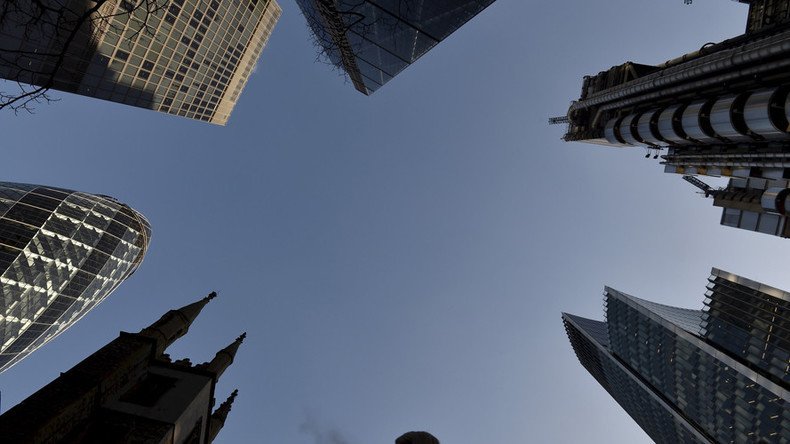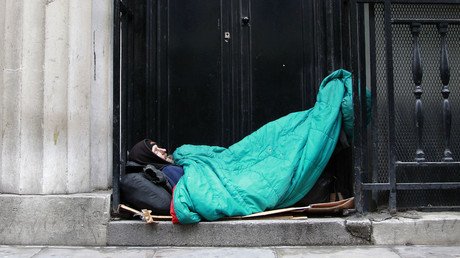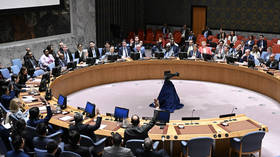London ‘old money’ elite priced out by world’s ‘super rich’

London’s housing problem is well known to all who pay its sky-high rents, but now even the elites are finding it hard to find a home as the world’s super-rich take over the city’s poshest neighborhoods.
Lawyers, financiers and even ‘old money’ families are being priced out of Mayfair and Chelsea by foreign buyers, forcing them to move to areas they would have previously scorned. As a result, “both overt and covert racism” has emerged in these privileged demographics due to the displacement by non-British investors.
The stats come from London School of Economics (LSE) International Inequalities Institute research, led by Dr Luna Glucksberg.
“For the first time, this elite group are buying flats for their children in areas they never would have previously considered,” Glucksberg said.
“Families from Chelsea are buying flats for their children south of the river because they feel they cannot afford to buy anything nearby.
“The implications of this are enormous. Locally, what this group is experiencing is a loss of control – something they are not used to – and, perhaps more importantly, a loss of community. These are powerful individuals who are used to getting things their way. But if you live in a property next to one owned by an overseas buyer who rarely lives there or an international investor, there is little you can do to make them fix the gutter if they don’t wish to, even if it’s your house or flat that ends up rotting.”
Many of the original wealthy residents “feel powerless to stop the character of their neighborhood changing” and many argue the newcomers don’t care about the local community.
“These are standard gentrification narratives but up-scaled to London’s elites,” Glucksberg explained.
At least 85 percent of London’s ‘prime’ properties worth £5 million (US$6.6 million) or more were bought by overseas investors in 2012-13. Homes costing more than £10 million were pretty much all taken by foreign buyers. Around 4,000 ‘ultra-high net worth’ individuals, with assets in excess of £23 million, are currently living in London.
London's rich 'pushed out of elite neighbourhoods' https://t.co/9BZ80JAawR says @luna_goldsmiths of @LSEInequalitiespic.twitter.com/2ZRmE674Hd
— LSE (@LSEnews) August 31, 2016
Gentrifying chain reaction
At the bottom of the housing food chain stand those with the most to lose, as vulnerable families, as well as precarious and low-waged workers, get pushed further and further into the capital’s outskirts.
Anti-gentrification protests have become a regular feature of post-2008 financial crash London, with groups such as east London young mothers’ Focus E15 and the evicted families of north London’s Sweets Way Estate becoming frontpage news.
“If wealthy Londoners feel powerless to resist the global super-rich what hope do the women of Focus E15 have?” Glucksberg told the Guardian.













